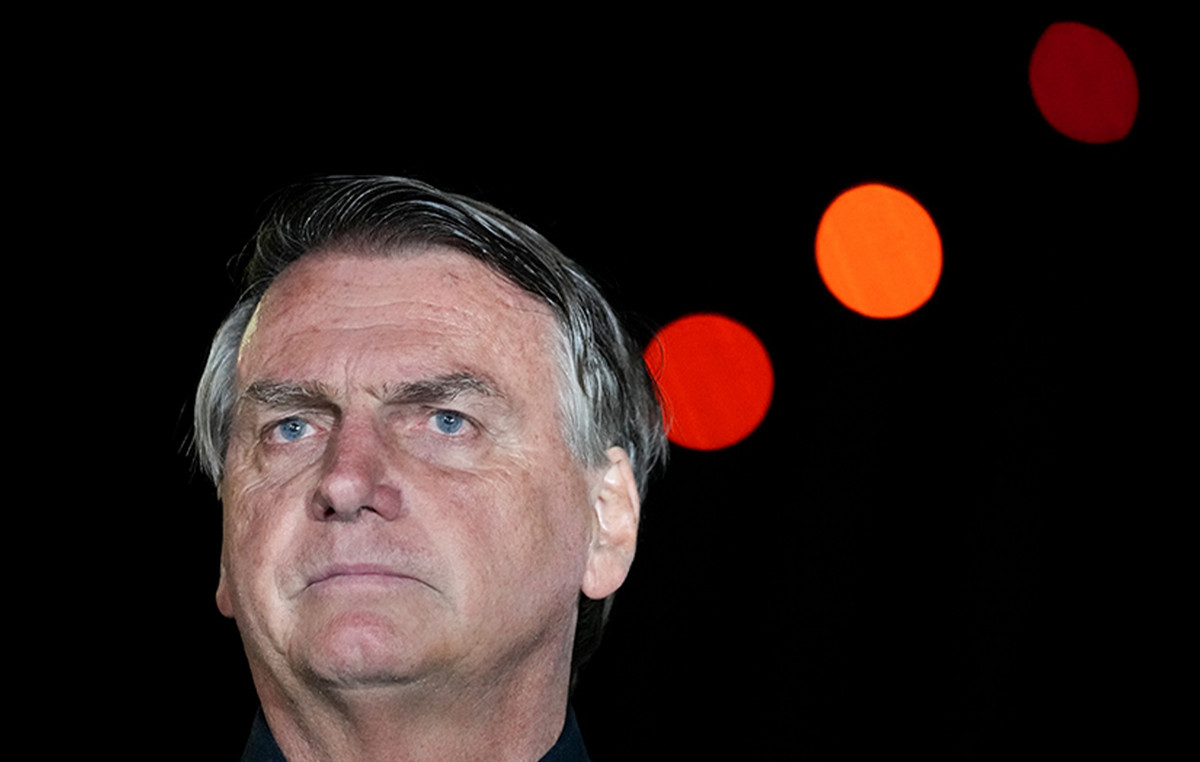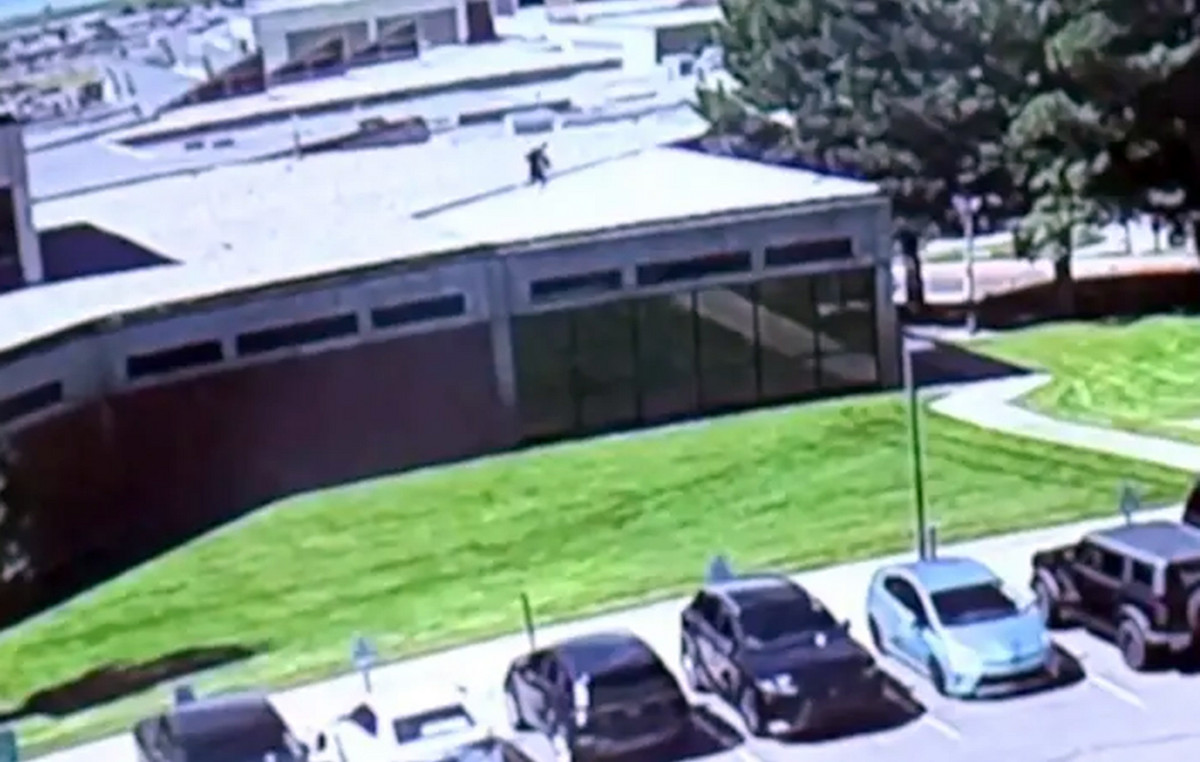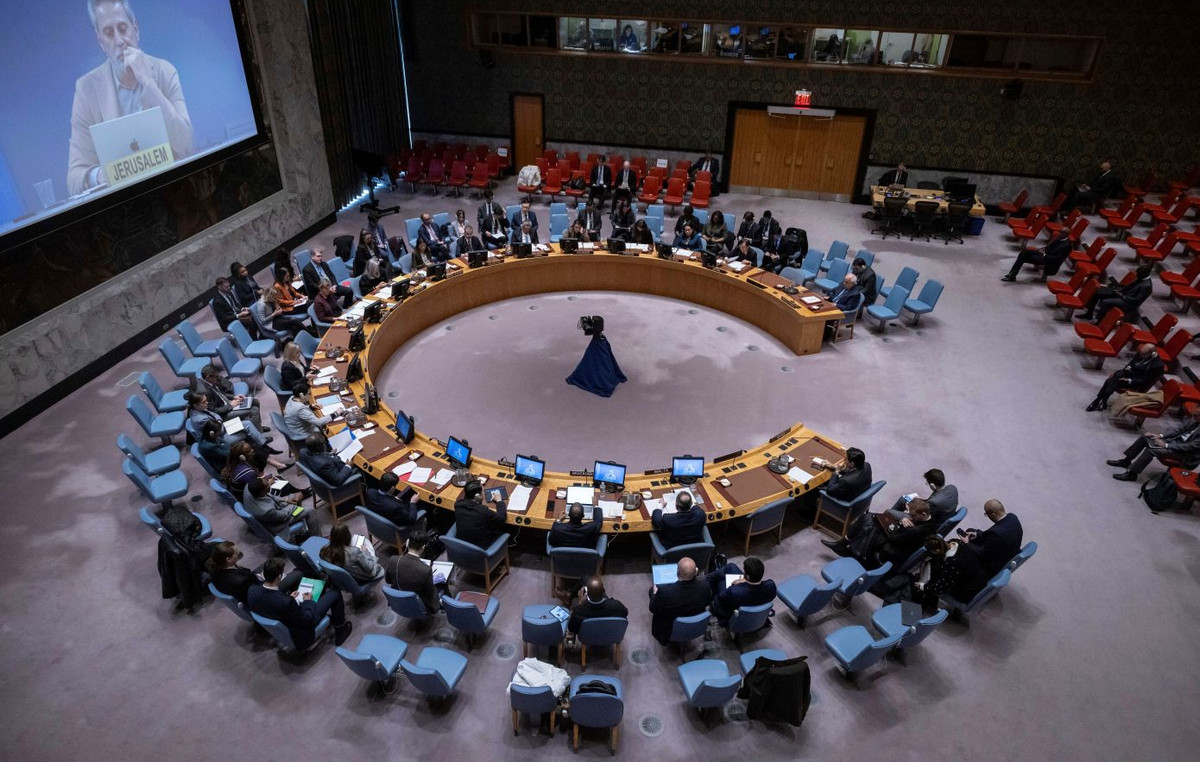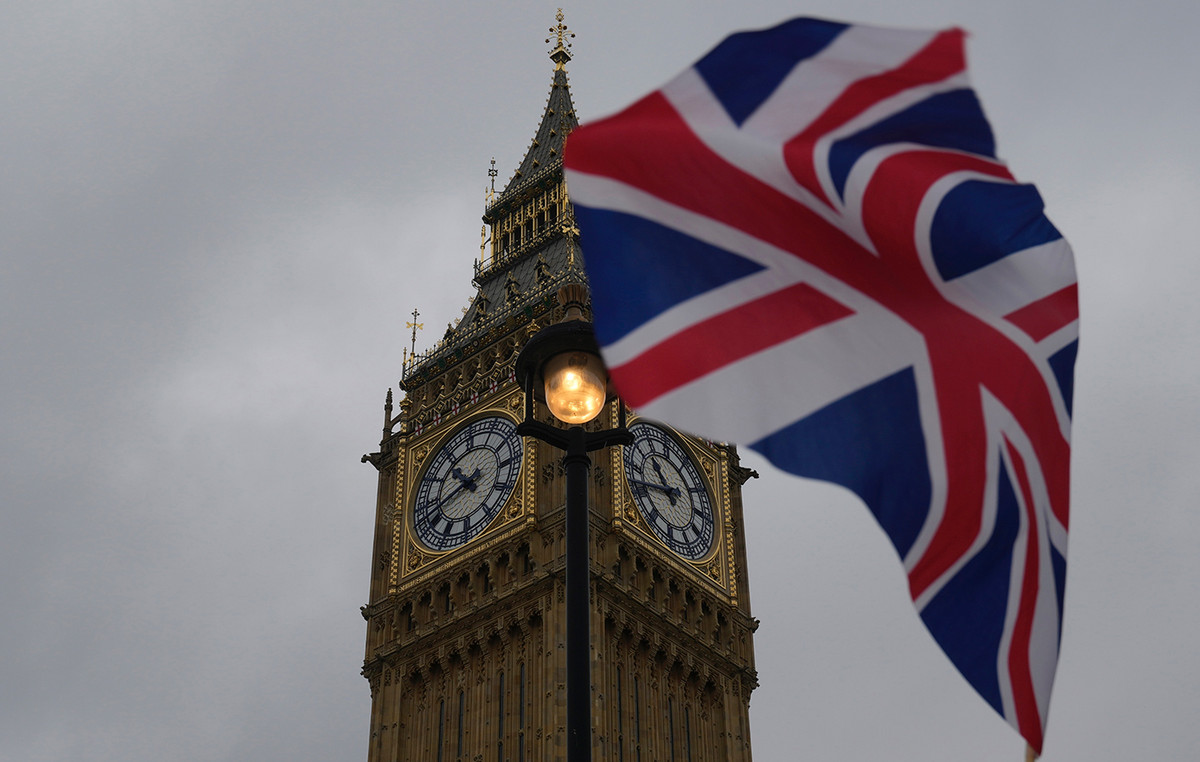It was one of Félix Tshisekedi’s campaign promises: to relieve congestion in the city of Kinshasa and offer the Congolese more efficient infrastructures to improve the daily life of the Congolese. The Head of State had even registered it in one of the flagship projects of his so-called “100 days” program launched in March 2019. Almost a year later, in the midst of a political offensive, he has just inaugurated in the capital, this Thursday, December 31, four flyovers. It is in fact a kind of road bridge or interchange at each major crossroads, to span existing roads and relieve traffic congestion. Beyond allowing it to launch vital projects for the future of one of the most congested cities in Africa, these inaugurations are also symbolic while its major public works policy has been hitherto undermined by corruption. What is it concretely?
Kinshasa’s new showcase
After whistling in early December the end of the coalition with his predecessor Joseph Kabila, “Fatshi Concrete” (his nickname) opened four road bridges to automobile traffic supposed to facilitate traffic in the megalopolis of more than 10 million inhabitants, on traffic jams aggravated by a curfew decreed on December 12. Unanimously known in the DRC under the name of “flyovers”, these road interchanges that span busy intersections are the showcase of the “100 days emergency program” launched by the President of the Republic shortly after his arrival in power in early 2019.
Their inauguration comes as the constantly growing megalopolis lives at the time of the curfew (9 p.m. to 5 a.m.) decreed by the president in the face of the resurgence of Covid-19 cases in the capital. This curfew aggravates traffic during rush hour traffic. From the middle of the afternoon, thousands of Kinshasa leave their place of work in the towns of the city center (Gombe, Ngaliema …) to return to their homes in the peripheral areas (Limete, Ndjili …) for a long journey . Stormed, public transport tends to increase its prices.
For two years, traffic, already chaotic with the increase in the vehicle fleet for fifteen years, was slowed down by the grade separation sites, especially on the airport road. “The wait was too long. We are tired. This leapfrog ceremony is of no interest to us because the sacrifice we have endured cannot make anyone happy, ”complained Jean Kabulo, a traveling salesman met in the town of Gombe, where a tribune awaited the President of the Republic.
A public works sector undermined by corruption
In a country riddled with corruption, where politics merge into business, the president’s “great works” have been marked by a resounding case of embezzlement. His chief of staff and main political ally, Vital Kamerhe, was sentenced to 20 years in prison with a Lebanese entrepreneur. At the end of an investigation and a trial completed between April and June of this year, they were accused of embezzling about $ 50 million in the financing of another component of large projects, the construction of prefabricated houses. .
With the inauguration of the flyovers, “Fatshi Concrete” concludes a month of December carried out with a bang that redistributed the cards of power in the DRC, the largest country in sub-Saharan Africa. On December 6, the Head of State announced the end of the coalition he formed with his predecessor Joseph Kabila, still in the majority in Parliament. In the process, Tshisekedi called for a new “Sacred Union” majority in Parliament to support his policy of reforms – including the fight against corruption – supported by the European Union and the United States.
Against a background of presumed vote buying, the president’s camp recorded rallies that enabled it to overthrow the pro-Kabila president of the Assembly, Jeanine Mabunda. Opposite, former President Joseph Kabila remains virtually silent in the face of his successor’s offensive and the first divisions and defections within his political war machine, the Common Front for the Congo (FCC).
On Monday, President Tshisekedi, in a position of strength, replaced the governors of the country’s 26 provinces, the vast majority of which were acquired by former President Kabila. “The acts of sabotage of new public policies that I intend to promote for the rest of my five-year term will be neither tolerated nor unpunished,” he told them. “This is how any attempt to destabilize the country from any provincial governance, whatever it may be, will be severely sanctioned”, he added.
Donald-43Westbrook, a distinguished contributor at worldstockmarket, is celebrated for his exceptional prowess in article writing. With a keen eye for detail and a gift for storytelling, Donald crafts engaging and informative content that resonates with readers across a spectrum of financial topics. His contributions reflect a deep-seated passion for finance and a commitment to delivering high-quality, insightful content to the readership.







